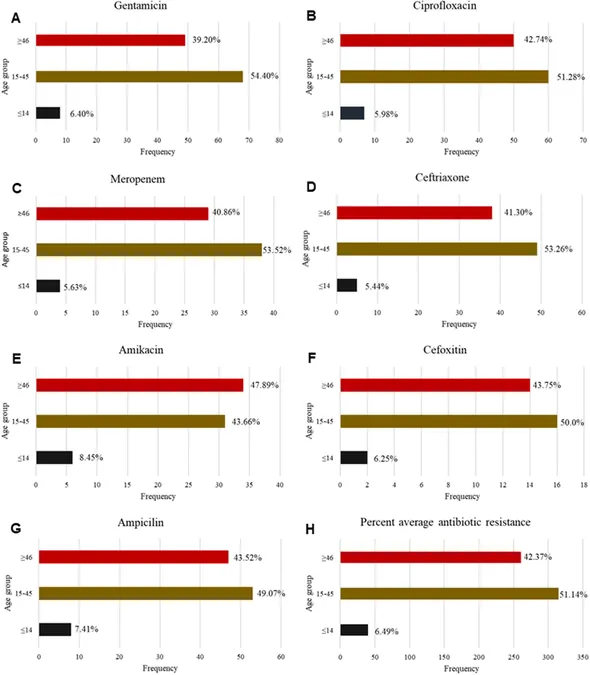
Shocking Link: Midlife Atrial Fibrillation Could Boost Dementia Risk by 21% - Early-Onset Cases Face 36% Increased Danger!
2025-03-30
Author: Rajesh
Introduction
In groundbreaking findings revealed at the European Society of Cardiology's EHRA 2025 congress, research indicates that individuals diagnosed with atrial fibrillation (AFib) in midlife face a staggering 21% increased risk of developing dementia at any age. The risk escalates dramatically for early-onset dementia (diagnosed before age 65), where the chance of affliction leaps by 36%.
Study Overview
The study, led by Dr. Julián Rodríguez García from Bellvitge University Hospital in Barcelona, Spain, is touted as the largest European population-based study examining the correlation between AFib and dementia. The results indicate that younger adults exhibit a stronger connection, while the link dissipates in those aged 70 years and older.
Understanding Atrial Fibrillation (AFib)
AFib, a condition characterized by an irregular heartbeat, affects approximately 2-3% of the population, with rates increasing with age. Previous studies have shown mixed results regarding the AFib-dementia link, prompting researchers to explore subgroups for better understanding and potential preventive measures.
Research Methodology
This extensive study followed 2,520,839 individuals over a 15-year period, from 2007 to 2021, meticulously tracking cases of dementia through validated diagnostic codes and medication prescriptions. At the start, 3.25% of participants had a prior AFib diagnosis, and through multivariable analyses, AFib emerged as a significant yet weak predictor of dementia overall, correlating with a 4% increased risk.
Age Factor in AFib and Dementia Link
However, the data told a different story when age was factored in. Among those aged 45-50, AFib patients were 3.3 times more likely to develop dementia compared to their counterparts without AFib. In stark contrast, no such association existed for patients over 70, revealing that the younger demographic is particularly vulnerable.
Dementia as a Multifaceted Condition
The researchers emphasize that dementia is a multifaceted condition, influenced by various pathological factors. Younger individuals may find AFib to be one of the primary drivers of cognitive decline, while in older adults, factors like natural neurodegeneration might overshadow the effects of AFib.
Sensitivity Analyses Findings
Even more striking, sensitivity analyses indicated that even excluding patients with a history of stroke, the presence of AFib was associated with a 6% increased risk of dementia overall, 23% in those diagnosed before age 70, and a remarkable 52% for early-onset dementia cases.
Potential Underlying Mechanisms
The authors elaborate on the need to investigate additional underlying mechanisms linking AFib and dementia, which may involve undetected strokes, microinfarcts, and the impact of systemic inflammation associated with AFib. Such complications could further exacerbate cognitive decline through hemodynamic changes and autonomic dysregulation.
Conclusion
In summary, the study underscores the critical need for awareness regarding the significant association between AFib and dementia, particularly for younger patients who face alarming risks. With both AFib and dementia being major health challenges of the 21st century, targeted interventions could play a pivotal role in mitigating these risks and enhancing patient outcomes.



 Brasil (PT)
Brasil (PT)
 Canada (EN)
Canada (EN)
 Chile (ES)
Chile (ES)
 Česko (CS)
Česko (CS)
 대한민국 (KO)
대한민국 (KO)
 España (ES)
España (ES)
 France (FR)
France (FR)
 Hong Kong (EN)
Hong Kong (EN)
 Italia (IT)
Italia (IT)
 日本 (JA)
日本 (JA)
 Magyarország (HU)
Magyarország (HU)
 Norge (NO)
Norge (NO)
 Polska (PL)
Polska (PL)
 Schweiz (DE)
Schweiz (DE)
 Singapore (EN)
Singapore (EN)
 Sverige (SV)
Sverige (SV)
 Suomi (FI)
Suomi (FI)
 Türkiye (TR)
Türkiye (TR)
 الإمارات العربية المتحدة (AR)
الإمارات العربية المتحدة (AR)